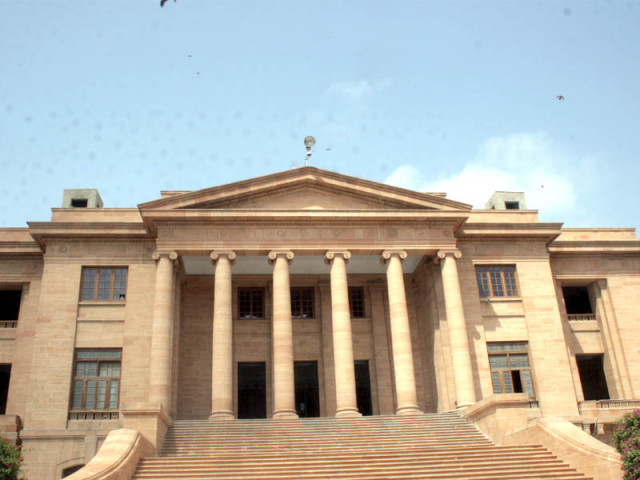Presidential elections: ECP issued notice over ‘incorrect’ electoral rolls
Petitioner’s lawyer demands fresh notification of the final voters’ list.

The National Peoples Party had filed a petition and challenged the notification of electoral rolls for the upcoming presidential elections on July 30. PHOTO: EXPRESS/FILE
The National Peoples Party had filed a petition and challenged the notification of electoral rolls for the upcoming presidential elections on July 30.
The petitioner’s lawyer, Mureed Ali Shah, claimed that the election body on May 28 had issued a notification of the final list of voters on the basis of a total of 130 seats in Sindh Assembly.

At that time, candidates were allocated 26 reserved seats but the ECP mistakenly counted 29 seats. This is against the election laws and the constitutional provisions, argued the lawyer.
Now, because all 29 seats have been allotted, the ECP is required under the law to issue a fresh notification of the final voters’ list so that only the elected representatives can cast their vote.
He pleaded to the court to direct the ECP to issue a fresh notification of voters from Sindh.
After the initial hearing, the bench issued notice to the secretaries of the ECP, provincial election commission and deputy attorney general for July 30.
Un-Islamic oaths
The same bench issued a notice to the ECP on another plea asking to disqualify all legislators from taking part in the presidential elections because of their “un-Islamic” oaths.
A public interest litigant, Haji Gul Ahmed, had gone to the court for the disqualification of the members of parliament’s upper and lower houses and provincial assemblies.
He claimed that oaths taken by the candidates contesting for seats in senate, national assembly, provincial assemblies and the presidency were un-Islamic and unlawful since it was not taken in the name of Allah. Any candidate, who pledges such oath, violates Islamic teachings as well as the articles 31, 62 (d)(e)(f), 2-A and 227 of the Constitution, he argued.
Ahmed claimed that since the legislators, the senate’s chairperson and national assembly’s speaker have sworn an “un-Islamic” oath, they do not qualify to vote for the election of the new president.
He pleaded to the court to disbar all of them from taking part in the elections.
The bench after the preliminary hearing issued notice to the ECP for August 5.
Published in The Express Tribune, July 27th, 2013.



















COMMENTS
Comments are moderated and generally will be posted if they are on-topic and not abusive.
For more information, please see our Comments FAQ